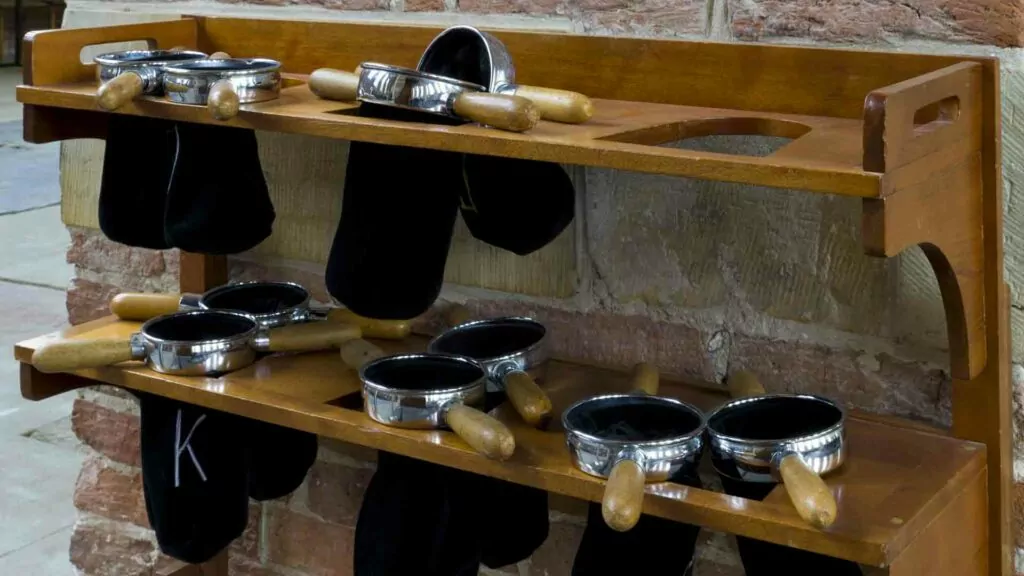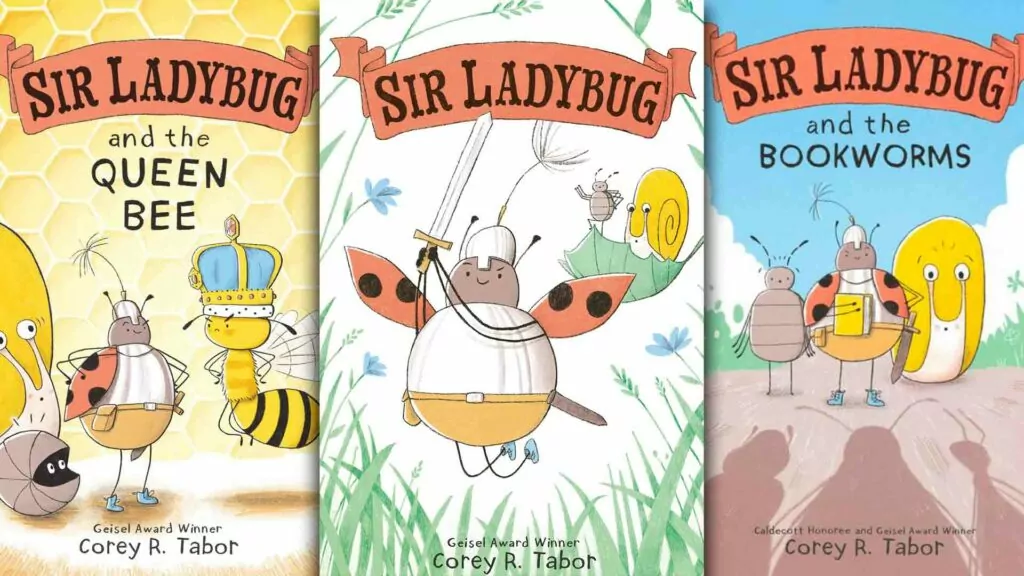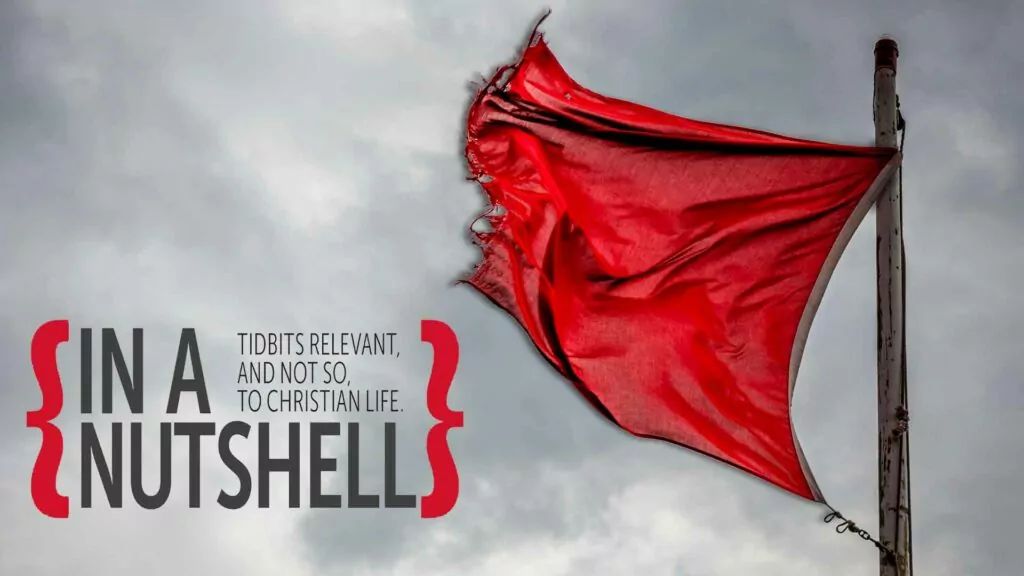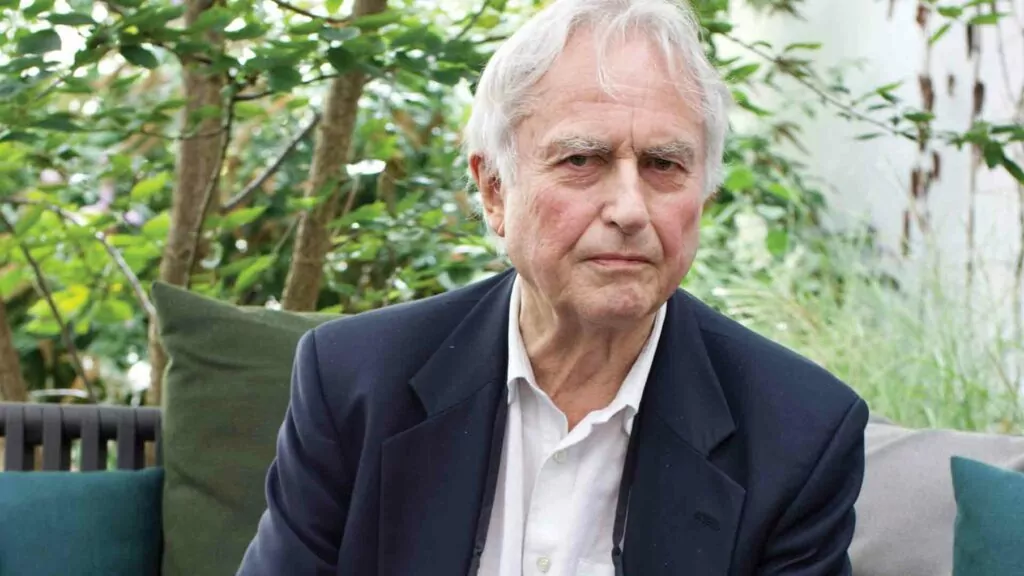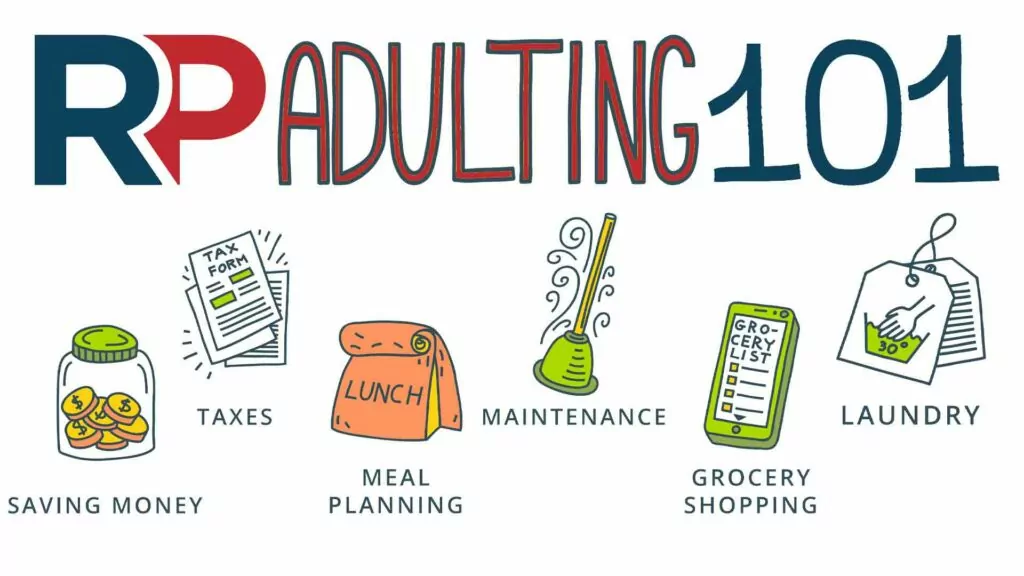
News
Trudeau resigned and Parliament prorogued – now what?
“I intend to resign as party leader, as prime minister… This country deserves a real choice in the next election and it has become clear to me that if I'm having to fight internal battles, I cannot be the best option in that election.” – Justin Trudeau, Jan. 6, 2025
With those words, Trudeau announced that his time as prime minister will soon come to a close. But his resignation, his announcement that Parliament is prorogued, and uncertainty around upcoming confidence votes in Parliament have sparked all sorts of changes. Some are good. Some are bad.
And some are simply opportunities for Reformed Christians to take action.
Historical moment
Justin Trudeau’s resignation is the eleventh time in 158 years of Canadian history that a prime minister has resigned in office. John Abbott (1892), Robert Borden (1920), and William Lyon Mackenzie King (1948) all resigned because of poor personal health.
John A. Macdonald (1873), Mackenzie Bowell (1896), William Lyon Mackenzie King (1926), Lester Pearson (1968), Pierre Trudeau (1984), Brian Mulroney (1993), and Jean Chrétien (2003) all resigned mid-term in the face of political turmoil or scandal. So, a prime minister resigning instead of losing an election is hardly unprecedented.
Because of the Prime Minister’s resignation, the Liberal party will select a new leader who will then become Canada’s 24th prime minister. When Parliament reconvenes on March 24, the new prime minister will outline his or her priorities, subject to a confidence motion.
What is unprecedented is how short Trudeau’s successor’s time in office could be. To date, Sir Charles Tupper was Canada’s shortest-tenured prime minister, serving only 68 days. Justin Trudeau’s replacement will be selected on March 9 and Parliament returns on March 24. If the Liberal government loses a confidence vote soon after Parliament reconvenes, the new prime minister might also be the prime minister with the shortest term in office. Trudeau’s resignation so close to a potential election is not too dissimilar from Joe Biden’s recent decision to drop out of the presidential race so close to the American presidential election.
Effects of prorogation
If the Prime Minister had chosen to dissolve Parliament, parliamentary business would have been terminated and a general election would ensue. Prorogation, on the other hand, gives no indication regarding the timeline of the next election. However, the minority Liberal government will need the support of at least one other party following prorogation to be able to govern.
The main effect of prorogation is to end the current session of Parliament – there can, at least in theory, be multiple sessions for each elected Parliament, but to this point there had just been one session going on since the 2021 election. But the effect of this prorogation is that bills that have not yet become law are now terminated, committees cannot proceed, and members of parliament are released from their parliamentary duties until the new session. The final effect is that, instead of reconvening on January 27 as planned (and likely facing a non-confidence vote that could force an election), Parliament won’t meet again until March 24.
Prorogation of Parliament is a little more common than prime ministerial resignations. I was somewhat surprised that Parliament has been prorogued nine times in my lifetime (versus only one other prime ministerial resignation). But what makes this occasion more unique is its connection to the Prime Minister’s upcoming resignation.
Government bills
All government bills that have not received Royal Assent are terminated by prorogation, and in some cases, this is excellent news.
For example, Bill C-63, the Online Harms Act, was filled with bad policy ideas, particularly around hate speech and hate crime. Such hate speech provisions would be potentially problematic for Christians who seek to speak truth about various controversial issues in our society. Free speech has already been under attack through conversion therapy laws that ban talking about biblical truths on gender and sexuality in some settings, or bubble zone laws that prevent pro-life expression in designated areas. The Online Harms Act would have made Canada’s free speech climate worse. But because Parliament is prorogued, Bill C-63 is now dead. If the government, in a new session, wishes to move forward with this legislation, they will need to start the law-making process all over again and re-introduce it for another first, second, and third reading, all of which take time.
Late in 2024, the government also said it would introduce legislation to require pregnancy care centres to publicly disclose that they do not provide or assist with abortions. These organizations could also risk losing charitable status. The House of Commons Finance Committee also recommended that the government strip religious organizations of their charitable status broadly. The government had not yet introduced any bills regarding charitable status, and prorogation means it will be delayed in doing so.
In a Parliamentary session that passed laws including conversion therapy bans, increased regulation of what people say online, and universal child care, we can be thankful that laws around hate speech and charitable status have been (at least temporarily) stopped before advancing further.
Private members’ bills
Unlike government bills, private members’ bills introduced in the House of Commons are not automatically terminated by prorogation. Instead, when Parliament resumes, they are automatically deemed to have passed all stages previously completed.
Four bills in particular stand out as ones we would love to see proceed when Parliament resumes. These bills deal with issues of protecting minors from pornography, sexual exploitation, and human trafficking, and protecting political expression. Each of these bills could be reinstated immediately following prorogation.
For example, Bill C-270, the Stopping Internet Sexual Exploitation Act, is focused on combatting illegal pornography and would require pornography companies to verify the age and consent of those depicted. The bill has already completed consideration in committee and might be reinstated past that stage.
On the flip side, other private members’ bills, focused on allowing advance requests for euthanasia and on banning corporal discipline in Canada, might also be reinstated.
Private members’ bills introduced by Senators, however, cannot be automatically carried over into the new session. Only through a special process can these bills be reinstated at their previous stage. Bill S-210, for example, would have required pornography companies to verify the age of potential viewers on their sites. However, the bill had one stage left before receiving Royal Assent and will be terminated in a new session. The bill was introduced over three years ago, and it is difficult to see such an important bill terminated so close to the end of the legislative process.
Political uncertainty
Of course, if Canada does go to an election shortly after Parliament resumes, none of these bills will advance anyways. It seems unlikely that the government will be able to pass any bills, given the stated intentions of other parties to defeat the government in a non-confidence vote.
The Conservatives, Bloc Québécois, and NDP have all said they will vote for a motion of non-confidence against the government at the next possible opportunity and force an election. So, unless the new prime minister can convince one of these political parties to prop up the Liberal minority government, we will likely have a federal election sometime this spring.
Looking ahead
While political change includes uncertainty about the future, it also allows for new opportunities – opportunities to influence a new prime minister, to communicate with candidates prior to the next election, and to elect MPs who are committed to good policies. A new government also means new priorities and new agendas.
Political change creates new avenues to witness to God’s truth and show how that truth also applies in the political arena. Groen van Prinsterer, the 19th-century Dutch historian and statesman, wrote prior to a period of political revival that:
“Even in unfavorable circumstances, however, one can witness to the truth; and this continuous witness itself is already a real application and a powerful practice.”
And we know that, in whatever political circumstances we find ourselves, Christ is on His throne, sovereign over all that is happening in our nation right now. And as Canadian Christians advocate for biblical principles in public policy, we pray with the Psalmist Moses:
“Let the favor of the Lord our God be upon us, and establish the work of our hands upon us; yes, establish the work of our hands!” (Ps. 90:17)







